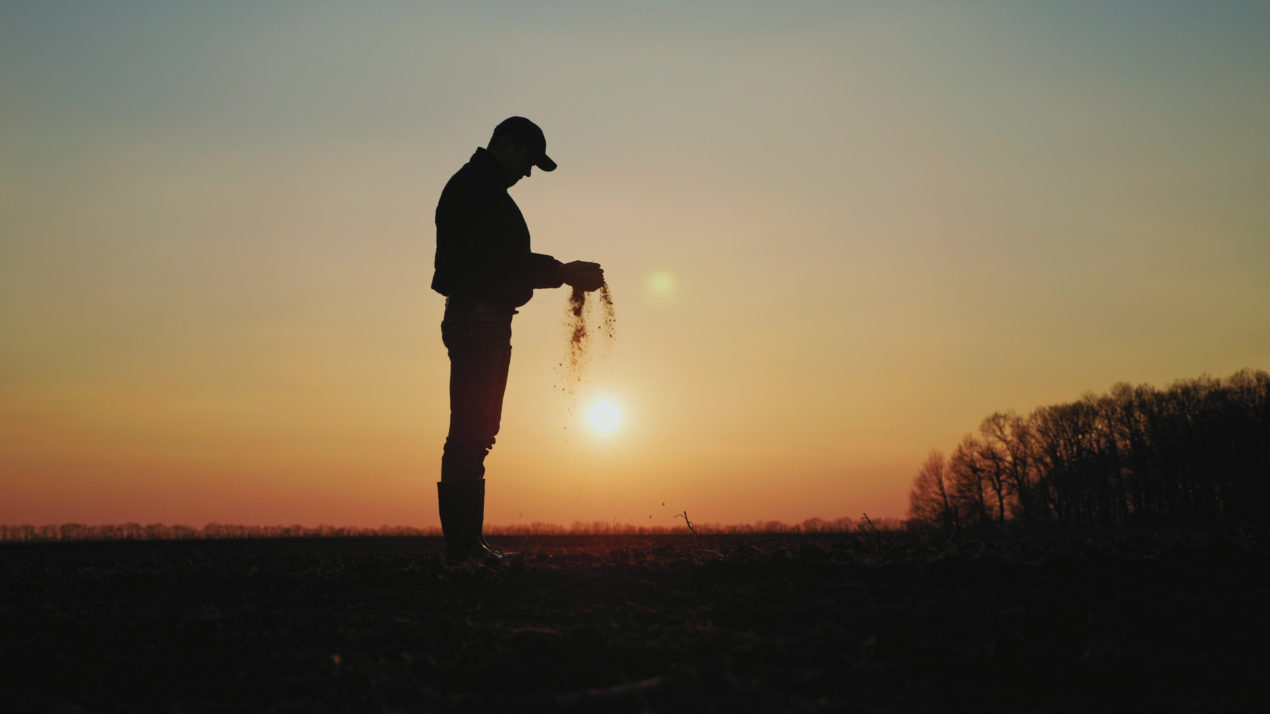
A new community outreach program hopes to help those coping with COVID-19 with a specific team created to work with individuals in agriculture.
Project Recovery offers trained outreach workers who can provide community-based support and education to help farmers, farmworkers, and their communities as the COVID-19 pandemic continues. In addition to connecting people with resources, Project Recovery offers stress management strategies.
The free program is a service made possible through partnerships between FEMA, Wisconsin Department of Health Services, Wisconsin Community Action Program Association, and Southwestern Wisconsin Community Action Plan.
Shawn Monson is a Project Recovery team leader. Raised on a dairy farm, he understands the unique stressors of the industry.
“It’s been variable for what people are calling about,” he said. “We help them by providing emotional support which I know sounds like a very taboo thing. Farmers are resilient people. Emotional support doesn’t seem like it fits with them, but the farmers we’ve had call in have actually responded really well to it.”
Monson said many of the people they talk to are surprised how much it can help to just tell someone how they are feeling.
Project Recovery is available throughout Wisconsin at a community, county, and statewide level. The conversations can stay completely anonymous. Monson said they only ask for a home county to better offer resources.
“It doesn’t have to be that you are in a state of crisis,” Monson said. “You could just be having a really bad day and need somebody to vent to. We’re here for that. You can call in if you burry your unloader in the silo, or if you are having a dispute with somebody you work with on the farm. We’re going to help you talk out those problems and potentially connect you with other resources that can help you even further.”
Like Monson, everyone on the Project Recovery team that focuses on agriculture has some sort of background in the industry.
“We’ve had some really interesting conversations about contracted crops instead of waiting to see where the crops are at for this time of year,” he said. “We’ve talked about loans for improvements to properties, all sorts of different things. We’re not telling people what to do at all. We’re just more so acting as a soundboard and helping them make decisions.”
Some of the additional resources Project Recovery team members may recommend include the Wisconsin Farm Center within the Wisconsin Department of Agriculture, Trade, and Consumer Protection. Monson noted that the center has a voucher program that can help provide clinical-based counseling.
Currently, the end date for the program’s funding is June 28, however, there have been conversations about whether or not to extend the program to continue meeting the needs of people during the pandemic.
“Everybody’s forced to change during the pandemic, and it’s tough,” Monson said. “You have to kind of reinvent the way you communicate with people and the way you socialize. For some people, that’s something that they’re not able to do because they don’t have any experience, or they don’t have the technology to do that. As long as you have a phone, you’re welcome to call us. We can try to help set up those avenues of communication and socializing or just talk with you.”
Project Recovery can be reached at 1-833-FARM-HELP or 1-833-327-6435 (toll-free). More information can be found at www.projectrecoverywi.org.
Project Recovery’s phone hours are between 8:00 a.m. and 4:00 p.m., but people are welcome to call outside those hours and leave a voicemail.

